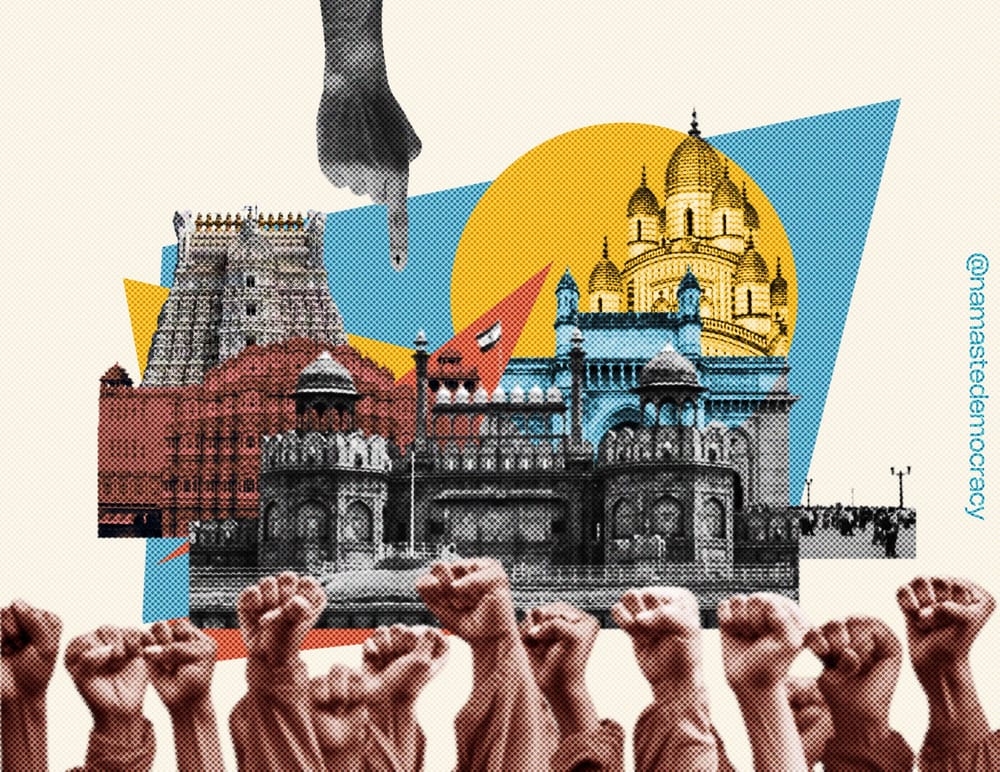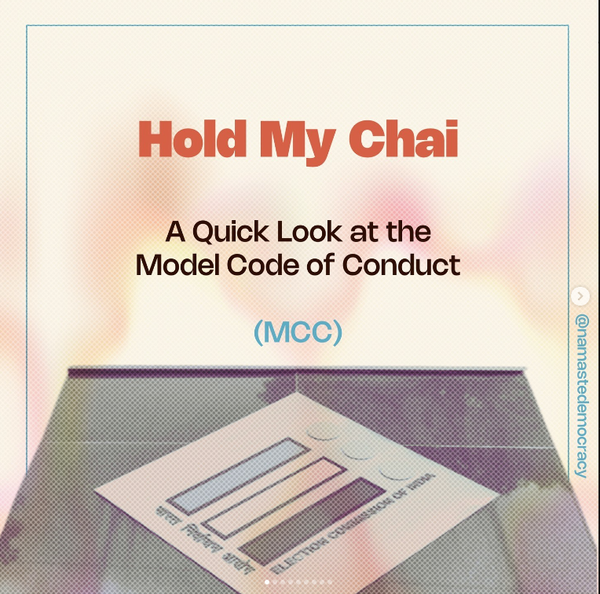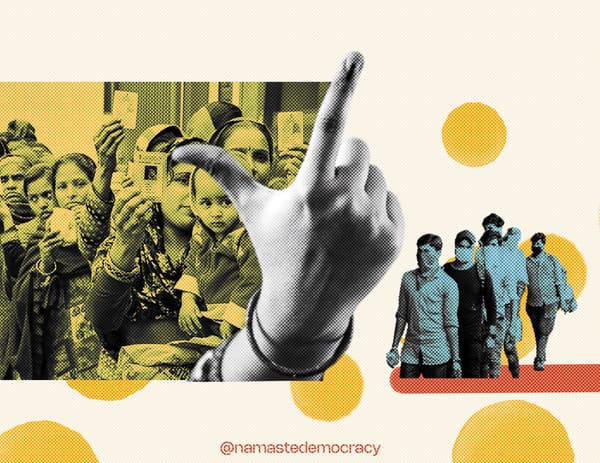Why 2024 is the Leap (Year) of Faith for India’s Democracy
More than 80 countries are anticipating a future decided by polls and ballots in local, regional, legislative and presidential levels where India happens to be one among them this year in 2024. With over 96.8 crore eligible voters, the Indian fate is sealed in the thumbprints on polling machines. These eligible voters of the Indian nation constitute 10% of the world’s Population and are vested with the power to elect or reelect the leadership that will steer the nation forward.
The 2024 elections, second longest poll in parliamentarian history since October 1951-February 1952, can be a leap of faith for all voters hoping to make their vote count. As per the Election Commission of India (ECI), the seven phased election over April and May is an attempt to take “democracy to every corner of the country.” With 55 lakh electronic voting machines and 10.5 lakh million polling stations, the ECI has deployed 1.5 crore polling officials who will reach nooks of India from the Himalayas clothed in snow to a few islands on the Indian Ocean.
The BJP (Bharatiya Janata Party) led by PM Narendra Modi swayed the Indian political climate ever since its victory in 2014 and burgeoned in the 2019 elections again with an outcome of 303 of the 543 seats. There have been 83 million new voters since the 2014 elections (ECI, 2024). Thus, the Indian elections this year pose avenues for change given the complexities and transformations that have already unravelled in the last five years alone.
Today, there are various intersections to who the Indian voter is today based on what is at stake. The generational complications of unemployment, education, inflation, farmer suicides, caste discrimination and the divide of wealth distribution are just few among the many facets of voter concerns. While opinion polls foresee BJP’s ascent to power for the third time, the Indian National Developmental Inclusive Alliance or I.N.D.I.A. Bloc, a coalition bloc that has been formed by more than two dozen parties led by the Congress, is BJP’s rival.
With the millions of election workers who plan to tackle glaciers, deserts, oceans, mountains and jungles to record the voice of every eligible ballot, the act of voting has evolved to be the crucial citizen responsibility today in order to empower ourselves. Voters are also equipped with the mechanism of NOTA (None of the Above) option as their right to reject a party. Additionally, federal forces are expected to be deployed across India to prevent violence and rigging at the polling booths to ensure a fair voting process.
The electoral population of India is four times more than the US which is heading towards the Presidential elections in November this year. Britain is also heading towards the polls with the tussle between the Conservative party and the Labour Party. Pakistan has already established the new face of power, PM Shebaz Sharif after Imran Khan was ousted in a no-confidence vote. Vladimir Putin claimed a landslide victory in Russia this March and has been re-elected for a fifth term.
The current geopolitical tensions include the Russia and Ukraine war, the Israel-Palestine War, the Indian border conflicts, the territorial disputes in the South China sea, the conflicts in Syria, the humanitarian crisis in North Korea which are among the few concerns whose impact extends to other countries beyond their own borders.
Therefore, the Indian Elections constitute a part of the larger global order, and the strokes of the Indian voter will paint the portrait of the future. It is the commonplace cliche formula to advocate for voter rights with the statement “Every vote counts!” but it is ever-so important to remember that every informed vote matters. To approach the reality of national and international affairs with an open mind, and gaze deep into our basic collective responsibility of voting is the bare minimum in our walk towards change. The health of democracy relies on the informed mind among other things, and we are all equipped with the healing power of knowledge and political literacy to nurse democracy to prosperity in this leap of faith towards change.
The antidote to voter apathy is voter education. Join Namaste Democracy today to partake in our mission to make political literacy accessible and widespread through our vibrant India. To enrol as a voter or learn more about the 2024 Indian elections, check out eci.gov.in.



